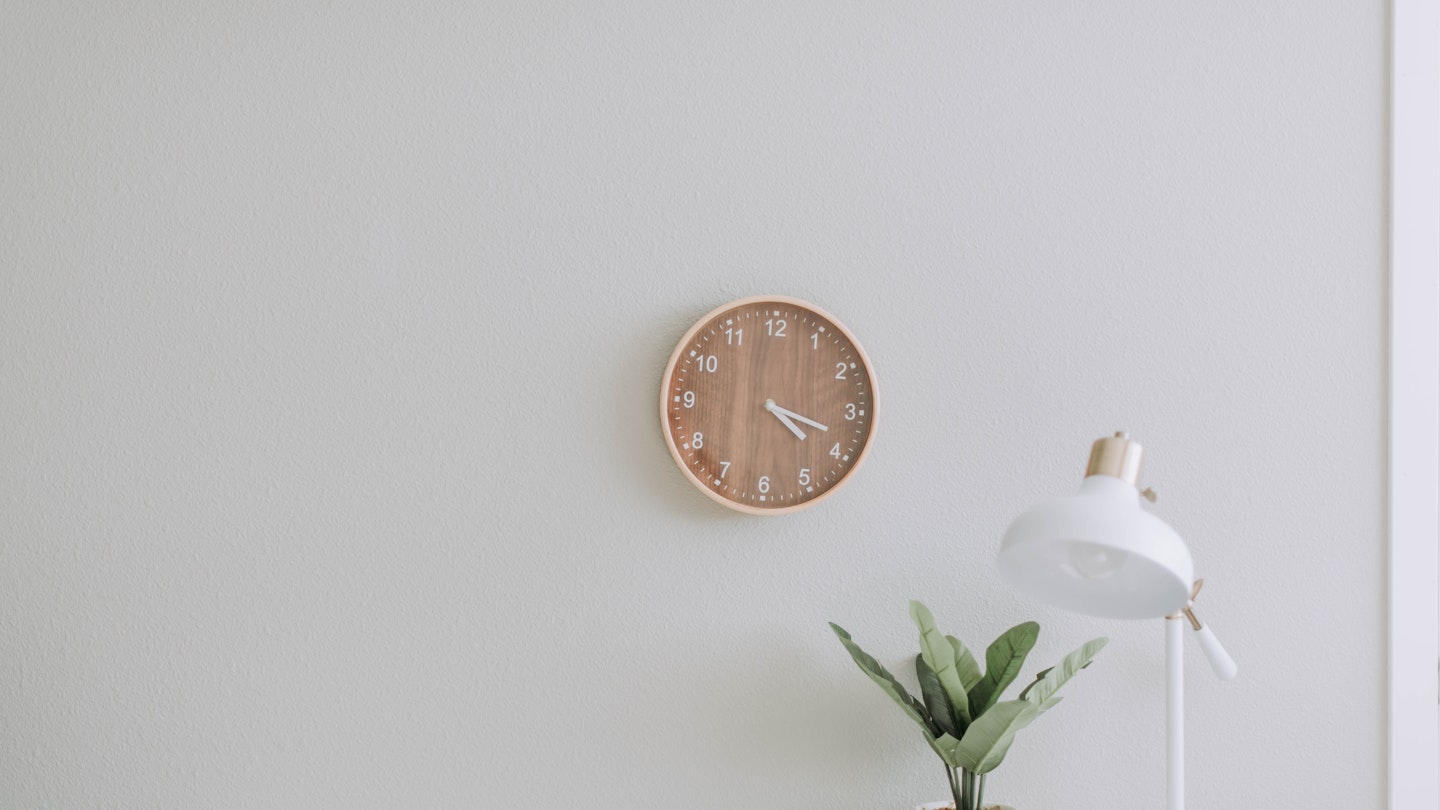Thanks to our 24/7 digital world, it’s rare to find a job that neatly fits into the 9-5 window. Whether it’s answering emails on our morning commute or updating social media from the sofa, having a smartphone in our pocket means we’re often expected to be available round the clock. Unsurprisingly, this is not good for our health or wellbeing.
A new study conducted by Virginia Tech found that checking your emails after hours could have a serious negative impact on your health and relationships. The research looked at the habits of 297 university employees and found that the blurred lines between work and life was increasing their anxiety levels.
“Our research exposes the reality, [that] ‘flexible work boundaries’ often turn into ‘work without boundaries,’ compromising an employee's and their family's health and well-being,” co-author William Becker explained.
While late night emails is one thing, there are unfortunately numerous ways modern working patterns can have a negative impact on our wellbeing. However, it doesn’t necessarily need to be that way. With the right boundaries you can master that elusive work-life balance and not let work ruin your wellbeing. Just follow these expert-approved tips...
1. Set clear boundaries
“It’s very easy for work to take over if there are time gaps to fill. Make yourself leave on time by booking something after work. For example, sign up for a gym class, buy cinema tickets or make a reservation for dinner,” Career Coach Alice Stapleton suggests. Similarly, take away the temptation to work in the evening by “leaving essential equipment such as your laptop or work phone in the office.” Life Coach Jacqueline Hirst recommends allowing yourself “a twenty minute window” when you get home to relax and transition from work mode to relax mode. Jacqueline suggests “a shower, exercise or time doing absolutely nothing" before getting on with your evening.
2. Learn to say no
Self-confidence is fundamental in learning to say no. “Focus on your successes not your challenges,” Career Coach Anna Percy-Davis proposes. If in doubt, fake it ‘till you make it. “Act confidently as this engenders respect and will help you feel confident,” she elaborated. When saying no it’s important to frame it in a positive light and give a solution. “‘I’d love to help you with that report but my work schedule is so busy, I won’t be able to help you until Thursday’. This kind of response indicates you can help, but just not right now. If you feel like you can’t say no straight away, simply say you’ll come back to them, access the situation and then go back with your response,” Pandora Paloma, founder of ROOTED LONDON, suggests.
3. Plan and prioritise
Avoid overwhelm by keeping your to-do list realistic, and highlighting tasks that are of the highest priority. “Set manageable goals for the day and the week, not everything rolled onto once messy page that promotes anxiety to set in,” Pandora recommends.
4. Ask for help
If work has become too much, speak to someone about it. “It’s alright to ask for help as long as you do it both professionally and honestly,” Anna highlights. “Just remember to speak to your boss or line manager in a clear, pragmatic and positive way as possible.”
5. Think about the bigger picture
When we get caught up in work it can be easy to dramatise or place unrealistic importance on the decisions we’re making or projects we’re doing. “When you’re 90, it won’t matter how hard you worked or how many deadlines you hit,” Alice points out. Instead, think about the tasks at hand in relation to the bigger picture. “Take a moment to step back and think about whether the issue you’re worrying will be important in a day, month or year? Once you’ve gained perspective you can revisit it with a fresh perspective,” Jacqueline said.
6. Digital detox
“Agree with yourself a reasonable time period in the evening and at weekends when you put your phone on ‘flight mode’,” Alice said. If this is not possible, try limiting your access to certain apps. “Delete or log-out of apps that are likely to tempt you in to checking your phone,” Alice added.
7. Make time for self-care
Self-care doesn’t have to mean fancy spa days or expensive bath oils, it’s actually much simpler. Anna recommends to “regularly practise SWEEB - ensuring you prioritize sleep, water, eating, exercise and breathe.” Similarly, learning to rest is key too. “Your mind is like a muscle, and one you can train. You train your brain to work, and you need to train your brain to rest too,” Jacqueline emphasises. In your downtime away from work make you spend time switching off completely.
